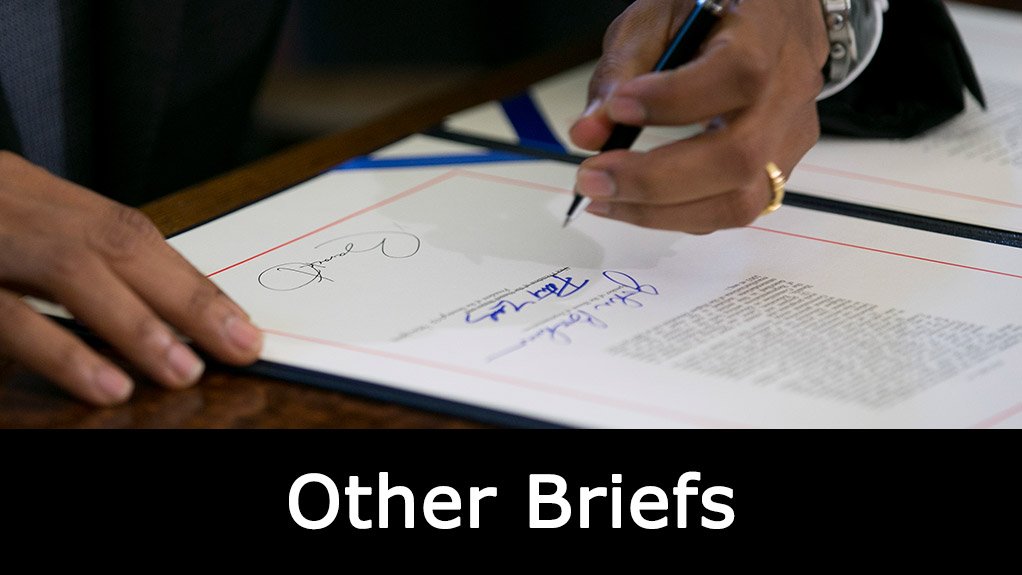The Constitutional Court judgment in Equity Aviation Services (Pty) Ltd v Commission for Conciliation, Mediation and Arbitration and Others, is authority on the issue of reinstatement and what it means. The Court specifically dealt with the meaning of ‘reinstatement’ awarded in terms of section 193 of the LRA.
Nkabinde J, as she then was had the following to say:
‘The ordinary meaning of the word 'reinstate' is to put the employee back into the same job or position he or she occupied before the dismissal, on the same terms and conditions. …. It is aimed at placing an employee in the position he or she would have been but for the unfair dismissal. It safeguards workers' employment by restoring the employment contract. Differently put, if employees are reinstated they resume employment on the same terms and conditions that prevailed at the time of their dismissal. As the language of s 193(1)(a) indicates, the extent of retrospectivity is dependent upon the exercise of a discretion by the court or arbitrator.
The only limitation in this regard is that the reinstatement cannot be fixed at a date earlier than the actual date of the dismissal. The court or arbitrator may thus decide the date from which the reinstatement will run, but may not order reinstatement from a date earlier than the date of dismissal. The ordinary meaning of the word 'reinstate' means that the reinstatement will not run from a date after the arbitration award. Ordinarily then, if a commissioner of the CCMA orders the reinstatement of an employee that reinstatement will operate from the date of the award of the CCMA, unless the commissioner decides to render the reinstatement retrospective.’
So the ratio in Equity Aviation is clear. Reinstatement means the restoration of the status quo ante. It is as if the employee was never dismissed. Where reinstatement is awarded, an employer will be in compliance with such an award if the employer, on (or as from) the date of the award having been made, takes the employee back into its service on the same terms and conditions of employment of the employee as it existed at the time of dismissal of the employee. Also, and as a necessary consequence, the original starting date of employment of the employee will remain the same and applicable, if such reinstatement is awarded.
It gets tricky, however, when it comes to the issue of the retrospectivity of reinstatement. That is a completely different issue, however, in terms of the above ratio in Equity Aviation.. In the case under review, Snyman J held that reinstatement was not necessarily coupled with retrospectivity and was" not a sine qua non of it " (sic). Retrospectivity of reinstatement, he held, was a "separate discretion that must be exercised by the arbitrator or the judge when deciding to award reinstatement".
Retrospectivity, in simple terms, relates to what is commonly known as ‘backpay’, and constitutes what the arbitrator or judge expects an employer to pay the employee for the time the employee has been languishing without remuneration as a result of the employee’s unfair dismissal.
In short, reinstatement means taking the employee back on the same terms and conditions of employment as if the dismissal of the employee never occurred , which would apply as from the date of award of reinstatement and with continuity of employment intact.
However, it must be noted that the concept of reinstatement does not per se include the issue of back pay. Back pay is a separate issue and determination, albeit coupled with reinstatement.
So what about backpay?
Interesting that, in Republican Press (Pty) Ltd v Chemical Energy Paper Printing Wood and Allied Workers Union and Others, , the Court clarified the position on backpay as follows:
‘…. I do not think that the backpay to which a worker ordinarily becomes entitled when an order for reinstatement is made is to be equated with compensation (my emphasis)….
As pointed out by Davis AJA in Kroukam, (and I respectfully agree) an order of reinstatement restores the former contract and any amount that was payable to the worker under that contract necessarily becomes due to the worker on that ground alone. Perhaps a court (or an arbitrator) that makes such an order may also order that part of that remuneration shall not be recoverable (I make no finding on that point) but I agree with Davis AJA that the remuneration becomes due under the terms of the contract itself …. ‘
The exercise of the discretion as to the extent of retrospectivity with backpay is firmly founded in the concept of what is fair to both parties. As Froneman J said in Billiton Aluminium SA Ltd t/a Hillside Aluminium v Khanyile and Others.
‘The remedies awarded in terms of the provisions of s 193 of the LRA must be made in accordance with the approach set out in Equity Aviation. That approach is based on underlying fairness to both employee and employer. ….’
In Mediterranean Textile Mills, the Court said 'fairness ought to be assessed objectively on the facts of each case', and then referred with approval to the following passage from National Union of Metalworkers of SA v Vetsak Co-operative Ltd and Others, that fairness ' comprehends that regard must be had not only to the position and interests of the worker, but also those of the employer, in order to make a balanced and equitable assessment. In judging fairness, a court applies a moral or value judgment to established facts and circumstances (NUM v Free State Cons at 446I). And in doing so it must have due and proper regard to the objectives sought to be achieved by the Act.'
Written by Saber Ahmed Jazbhay, Attorney and Labour Law Practitioner
Contact: 082 827 8666/ (031) 306 2784 (Office Hours) or email jazlaw@telkomsa.net
First published on SA Labour Guide
EMAIL THIS ARTICLE SAVE THIS ARTICLE
To subscribe email subscriptions@creamermedia.co.za or click here
To advertise email advertising@creamermedia.co.za or click here











